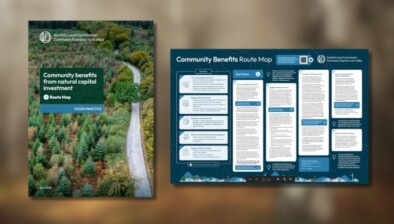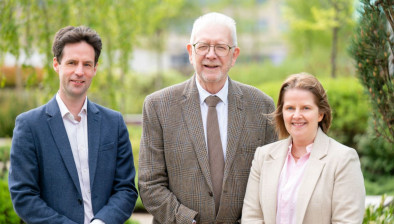Global best practice could help Scotland unlock fairer, greener land taxation, report finds
Image credit: Kathie Pollard
A new report from the Scottish Land Commission shows how lessons from around the world could help Scotland modernise the way it values land and property, strengthening the foundation for fairer taxation to support sustainable public finances, and action on climate change.
The research, carried out by WPI Economics, forms part of the Commission’s ongoing work with the Scottish Government to explore how tax can reduce carbon emissions from land and support wider land reform. It compares systems in Denmark, the Netherlands, Australia, and South Africa, where regular, transparent, and data-driven valuations help governments raise revenue fairly and make better use of land.
The study finds that countries with the strongest systems share key features:
- Transparency and independence – clear national oversight builds trust in how land is valued and taxed.
- Data and technology – mass appraisal and digital integration keep valuations up to date and cost-effective.
- Regular revaluations – frequent updates ensure valuations reflect real market conditions and maintain fairness.
- Environmental awareness – some countries are beginning to include environmental and natural capital factors in how land is valued.
By contrast, Scotland’s current system remains fragmented. There is no national process for revaluing residential property, and no single integrated database combining mapping, registry, and transaction data, limiting options for using taxation to support broader policy goals.
Katherine Pollard, head of policy at the Scottish Land Commission, said: “If Scotland wants to make full use of its tax powers, whether that’s to raise revenues sustainably, or support our net zero or land reform goals, it needs the right infrastructure in place. This research shows what that could look like. It highlights that strong valuation systems are transparent, trusted, and designed to evolve alongside public priorities.”
The findings will help improve understanding of how countries establish the basis for taxing land and property and how these approaches can inform Scotland’s future tax reforms. This work supports the Scottish Government’s tax strategy, which commits to exploring reforms that deliver sustainable public finances and unlock the full potential of devolved tax powers.
The Commission will continue working with the Scottish Government to build on these findings, with further advice on how tax could support land reform and reduce carbon emissions due in spring 2026.







